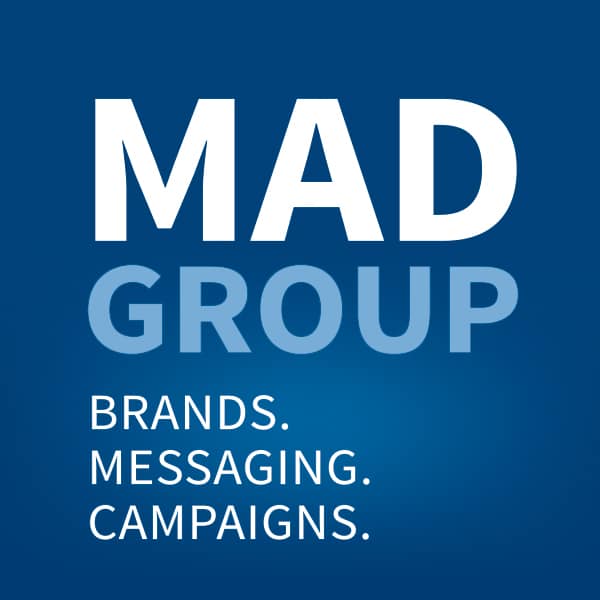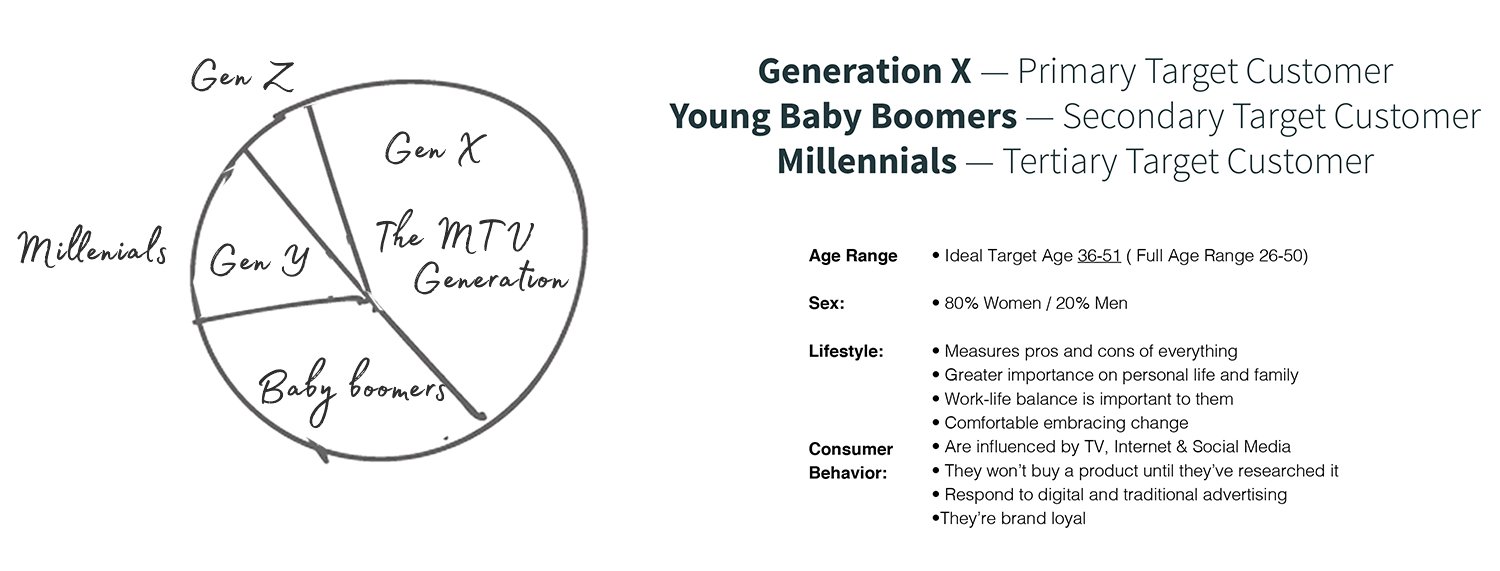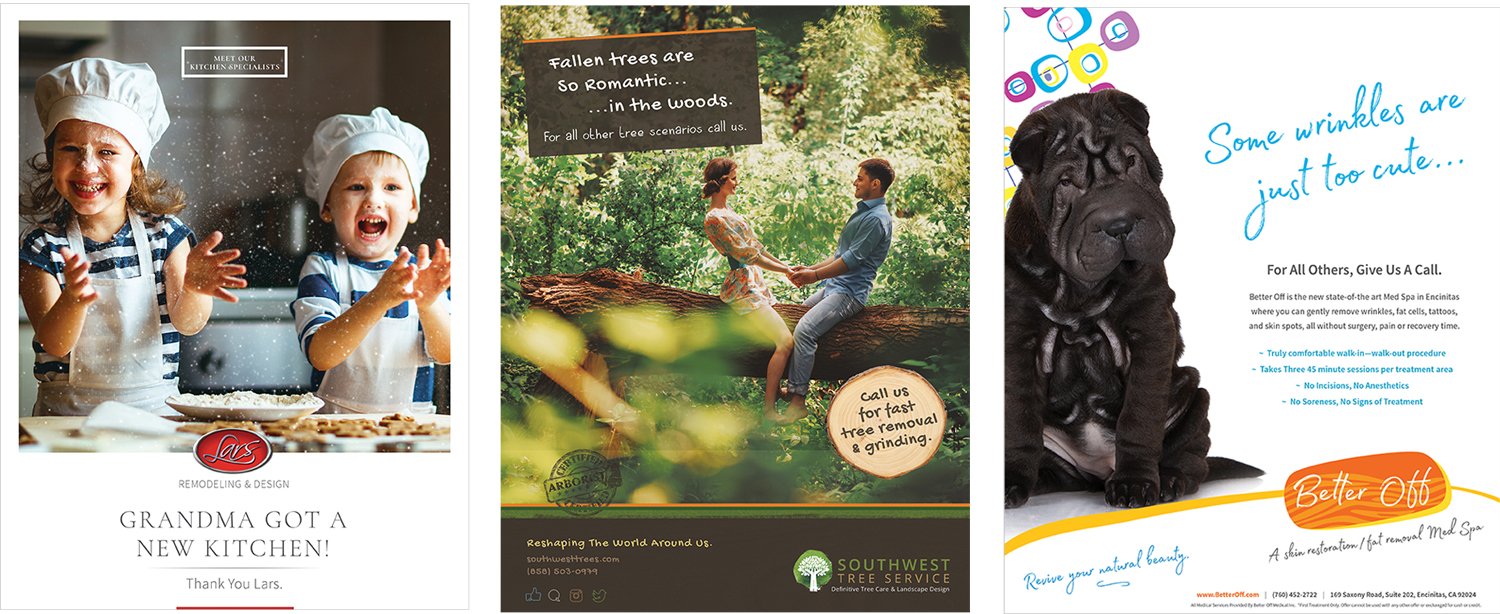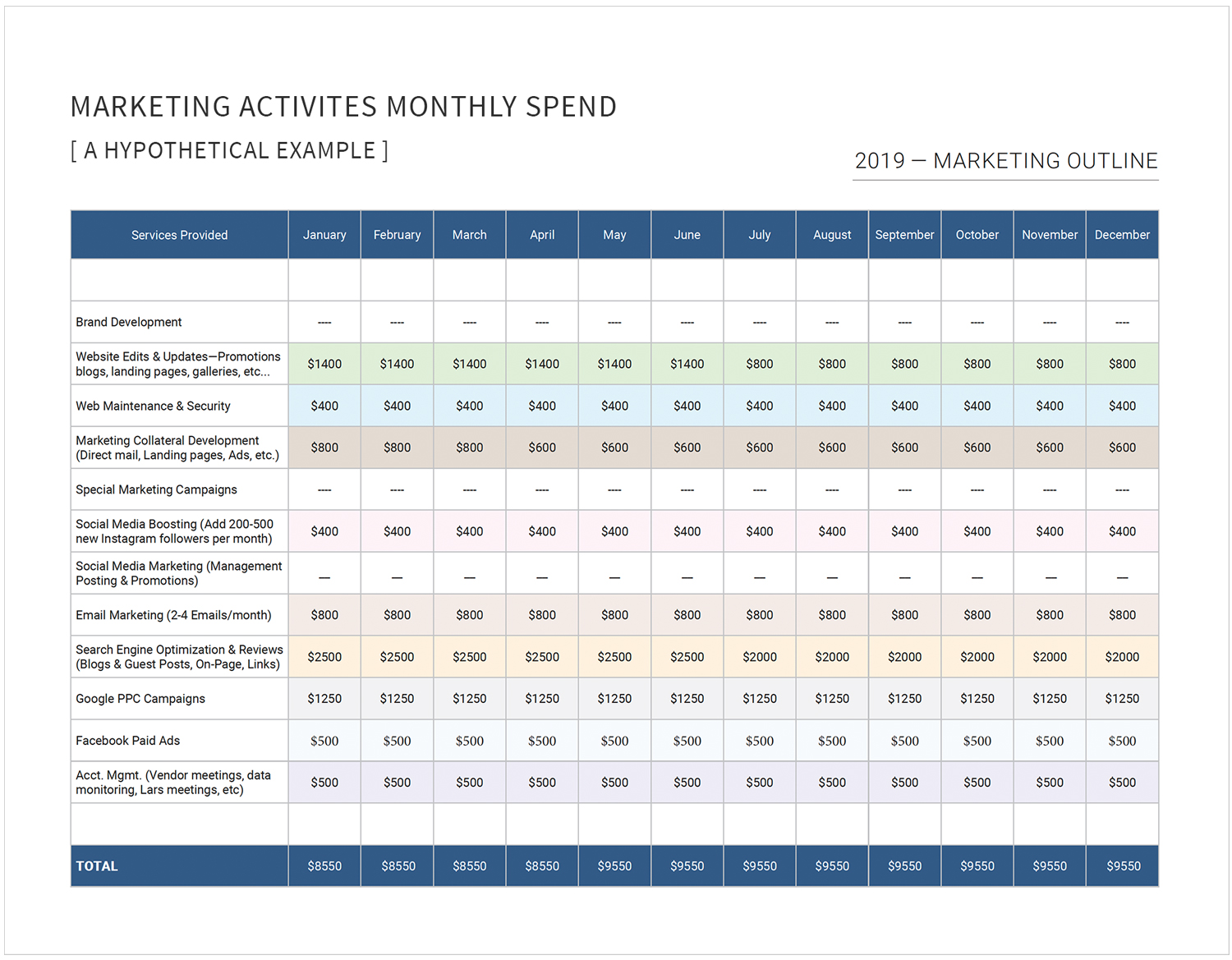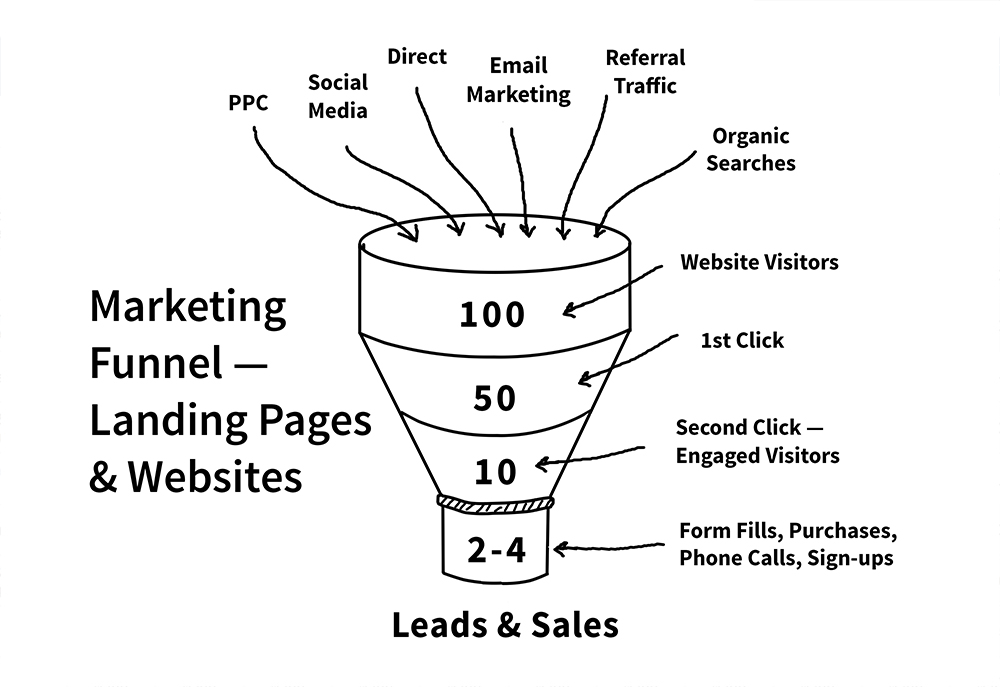The paid search landscape is constantly evolving as search engines, advertising platforms, and technologies progress. For businesses in San Diego and beyond, staying on top of the latest pay-per-click (PPC) trends is key to getting the most out of your campaigns. As we enter 2024, there are several notable developments to keep pace with to succeed.
Precision Bidding Takes Center Stage
Platforms like Google Ads are placing more emphasis on precision bidding strategies like target CPA bidding. With granular data and automation powering these enhanced bid strategies, PPC campaigns can hyper-target the right users and drive better conversion performance. A San Diego SEO Company should get fully acquainted with the ins and outs of the latest bidding approaches and implement them were advantageous.
The Rise of Automation
Calling something a “trend” implies it’s emerging, but PPC automation has been an ongoing theme for years now. In 2024, it will become even more entrenched as part of sophisticated paid search strategies. The latest versions of Google Ads and similar platforms utilize advanced machine learning and artificial intelligence to streamline your work from bid adjustments to budget allocation. Even the savviest San Diego SEO companies can benefit enormously from added automation.
CTV/OTT Advertising Offers New Avenues
Connected TV (CTV) and over-the-top (OTT) streaming have disrupted the video advertising landscape. More cord-cutters are moving to internet-based streaming, causing ad dollars to shift accordingly. PPC advertising on popular CTV/OTT services like Hulu, Amazon Fire TV, and Roku will provide expanded reach to target customer groups. Though still a relatively “new” channel, spending in this sector is projected to rise in 2024 as marketers including San Diego SEO agencies embrace the opportunities within streaming video.
Shoppable Ads Enhance Ecommerce
Between the bevy of available ecommerce features offered by the major paid search platforms and innovations in ad formats, PPC for retail brands is getting an upgrade. Shoppable ads that allow users to view and purchase products directly within the ad itself without leaving the search results page make for more seamless buying journeys. As these streamlined paths from product discovery to check-out gain traction into 2024, ecommerce PPC performance stands to improve.
The Migration to Mobile Continues
It’s nothing new to declare mobile’s dominance, but its share of search ad budgets is poised to widen further. As device usage, browsing habits, and shopping behaviors skew mobile-first, PPC investment is following accordingly. Marketing companies in San Diego understand that structuring campaigns with mobile users (and their shorter attention spans) in mind is now simply Advertising 101. Tweaks like expanded text ads, location extensions, callout extensions, and effective mobile landing pages can all help translate mobile searched into conversions.
The Role of Local SEO Strengthens
Google continually enhances its focus on connecting users with nearby businesses to fulfill their searches. As a result, optimizing PPC campaigns for better localization and proximity performance is non-negotiable. Tactics like radius targets, location bid adjustments, local extensions, and brick-and-mortar campaign settings all help drive foot traffic and visibility for San Diego SEO agencies with physical locations. Layering paid search efforts atop a strong local SEO foundation is the best path to reach potential local customers.
Shopping Goes Cross-Border
Retail media advertising with Amazon and traditional ecommerce giants already offers massive opportunity, but cross-border ecommerce opens up untapped potential too. As search behavior spans across borders, international shipping expands, and digital payments advance – it’s easier than ever for US brands to target new global shoppers. PPC managers at San Diego marketing companies planning or optimizing multinational campaigns must emphasize translated/transliterated keywords, multi-currency pricing, shipping strategy, and cross-border compliance to unlock success abroad.
The Multimedia Customer Experience
With shorter attention spans and endless digital distraction, PPC ads now often represent the first touchpoint in a customer journey instead of the last click before conversion. Sophisticated campaigns in 2024 will do more to engage audiences early with multimedia formats like responsive display, YouTube bumper ads, and retargeting via streaming audio and CTV. Marketing companies in San Diego expertly covering the top, middle, and bottom of the funnel through cross-channel integration can expect a considerable advantage.
Performance Max Consolidates Google Offerings
As Google continues funneling capabilities that used to require separate campaign types into a unified Performance Max setup, agency workflows get simpler. Still, the loss of transparency and control associated with the blended, AI-driven Performance Max model isn’t ideal for all advertisers or situations. Even so, all signs point to its expanding adoption throughout 2024. As that happens, San Diego SEO companies will need to carefully assess where it does and doesn’t check the right boxes.
Expanded Audience Targeting
With walled gardens like Google and Meta gaining so much user data, their advertising platforms allow brands to slice and dice audiences into very precise segments. Expect more expansive audience targeting options for paid search and social campaigns that align to specific buyer journeys. San Diego marketing companies can tailor messaging and offers to various micro-groups based on their stage in the funnel. Lookalike modeling for testing will also grow more powerful with enhanced audience insights.
Streamlined Attribution
Understanding the true conversion impact and ROI derived from paid search campaigns gets trickier every year as the customer journey fragments across devices and channels. While still nascent, attribution capabilities native to platforms like Google Ads will streamline cross-channel crediting to illuminate where budgets are best invested. As it evolves in 2024, self-serve attribution reporting will becoming more actionable. San Diego SEO agencies can leverage these insights to optimize ongoing PPC efforts for each client vertical based on empirically validated spend levels and know where to double down. Simpler attribution empowers smarter optimization.
Those are among the most influential PPC developments projected ahead for 2024 that San Diego digital marketing agencies should prepare for. Though aligned to enhance performance potential, they also demand new skills, technology, data analysis, creative, and strategic consideration to materialize ROI. Make sure that you partner with the best San Diego SEO Company to experience the best results coming on your way.
